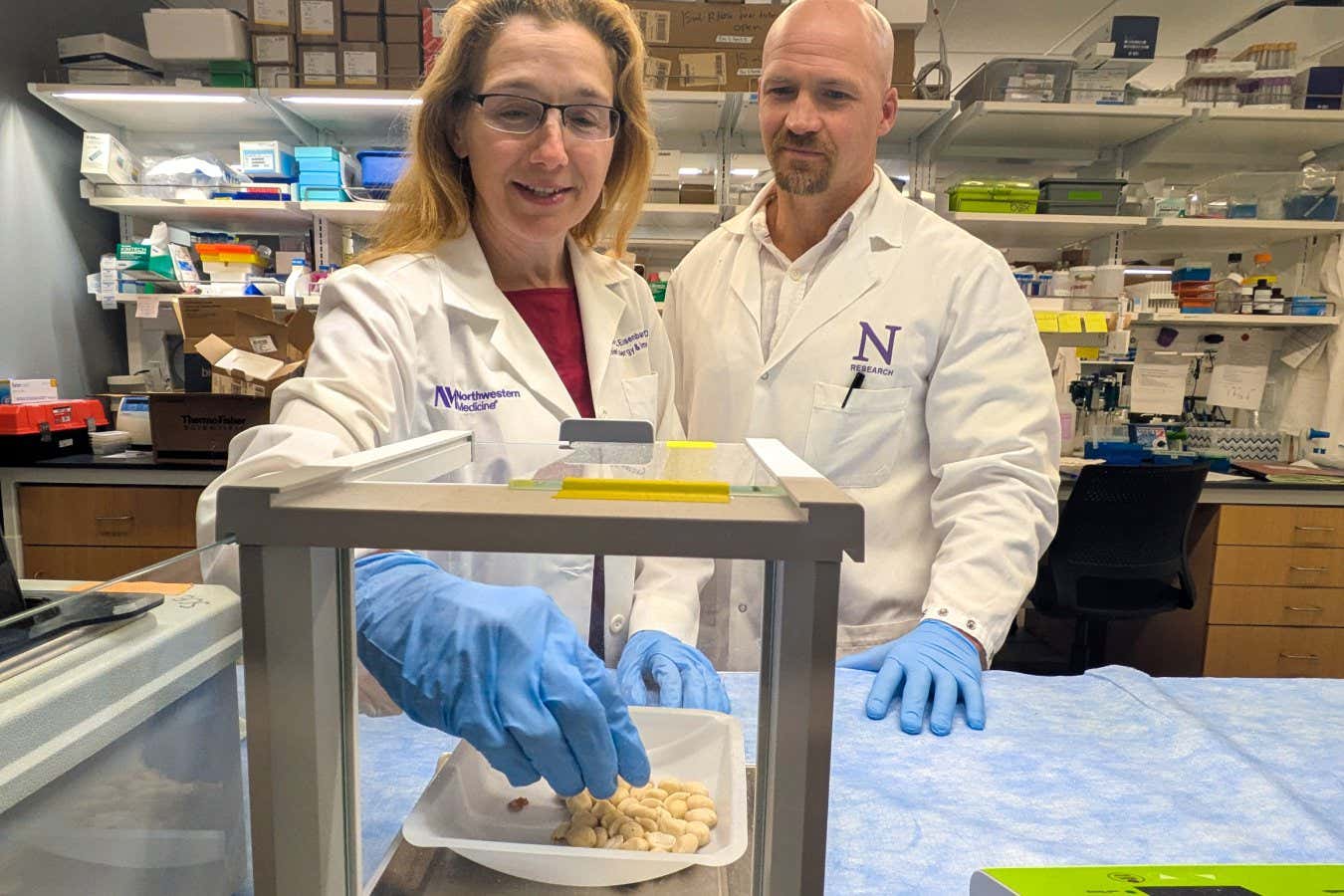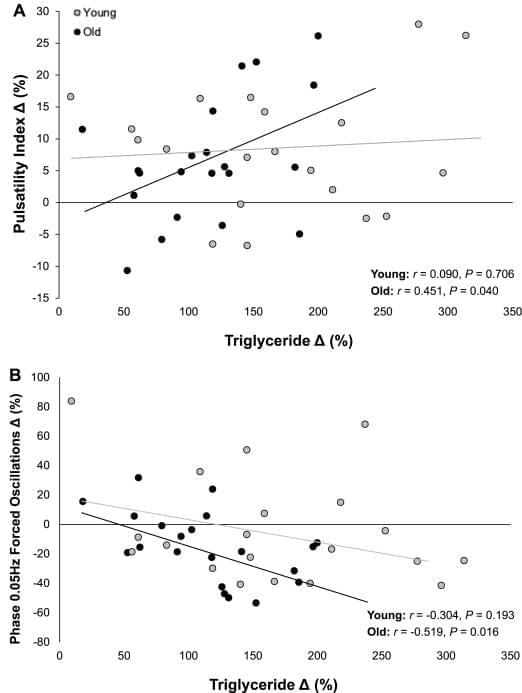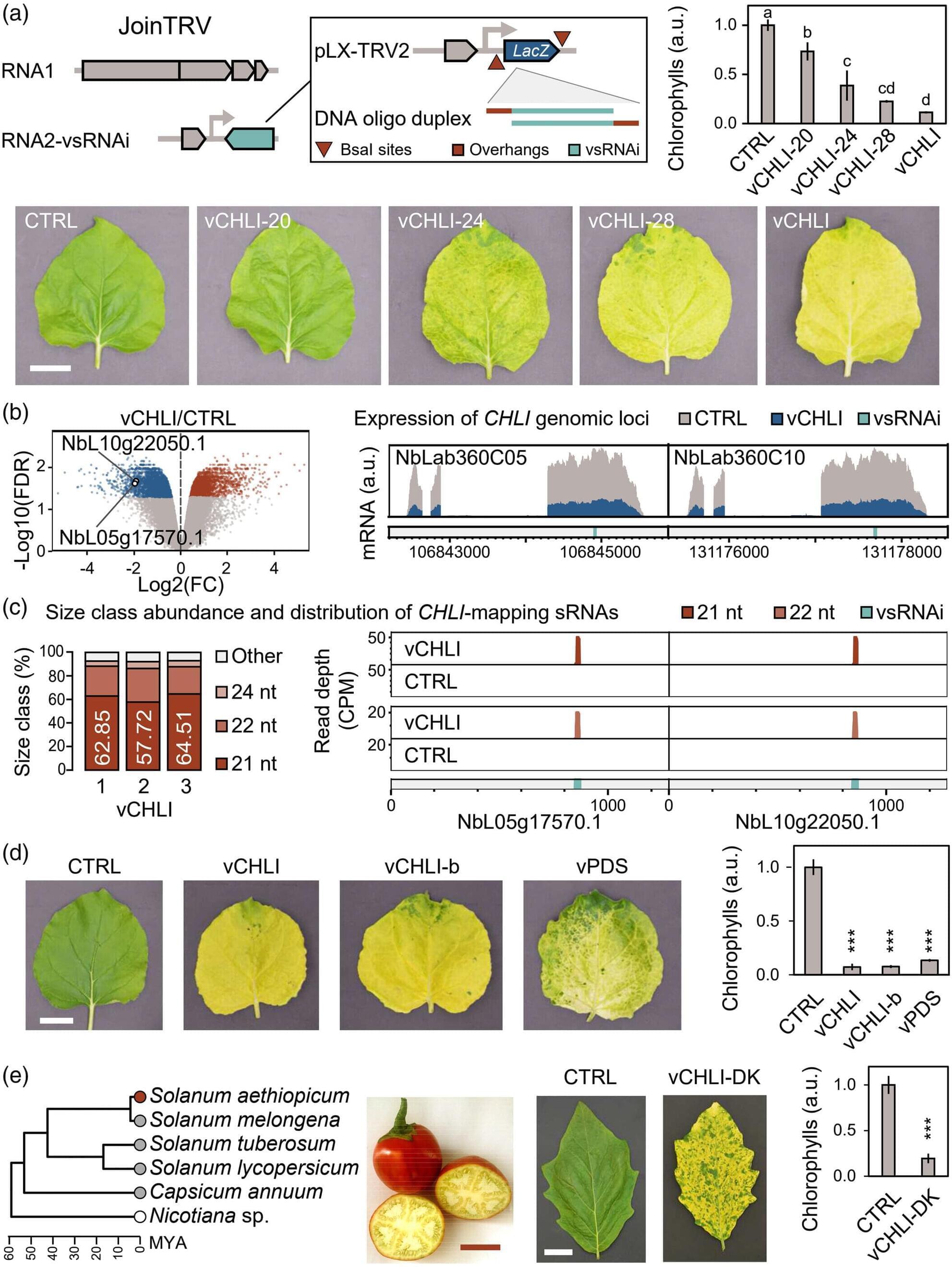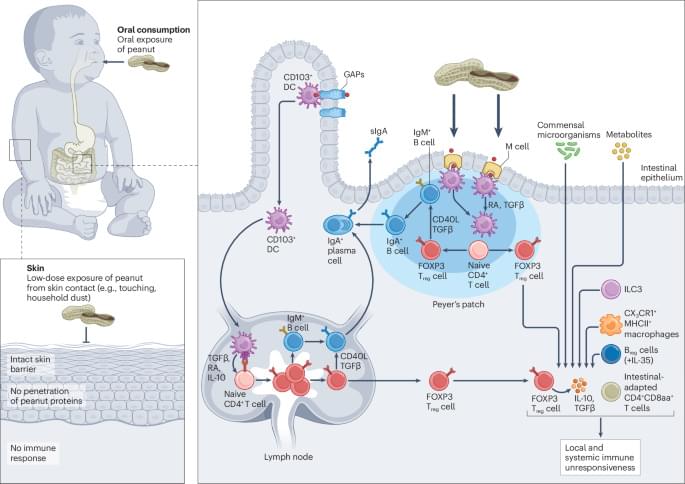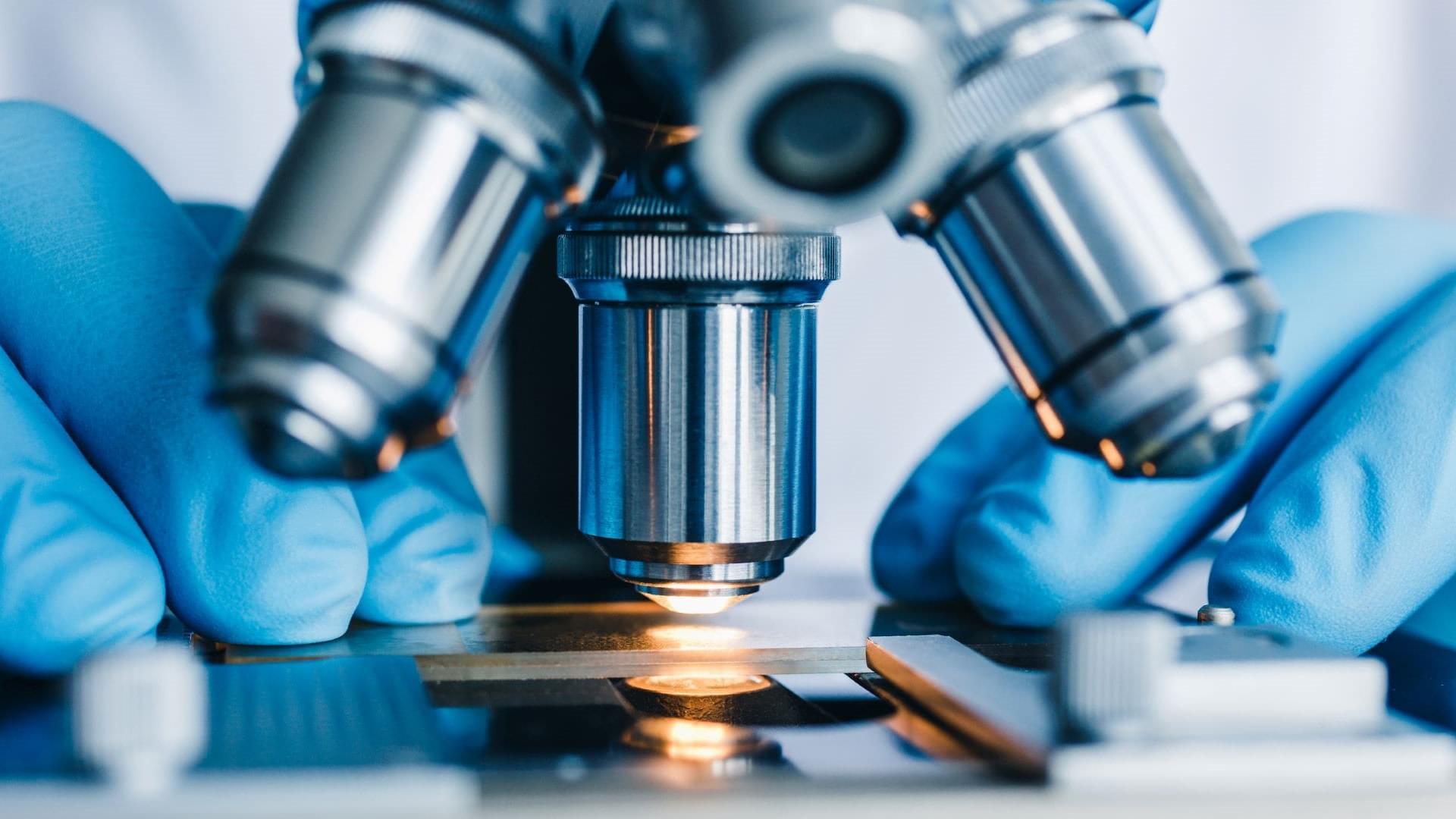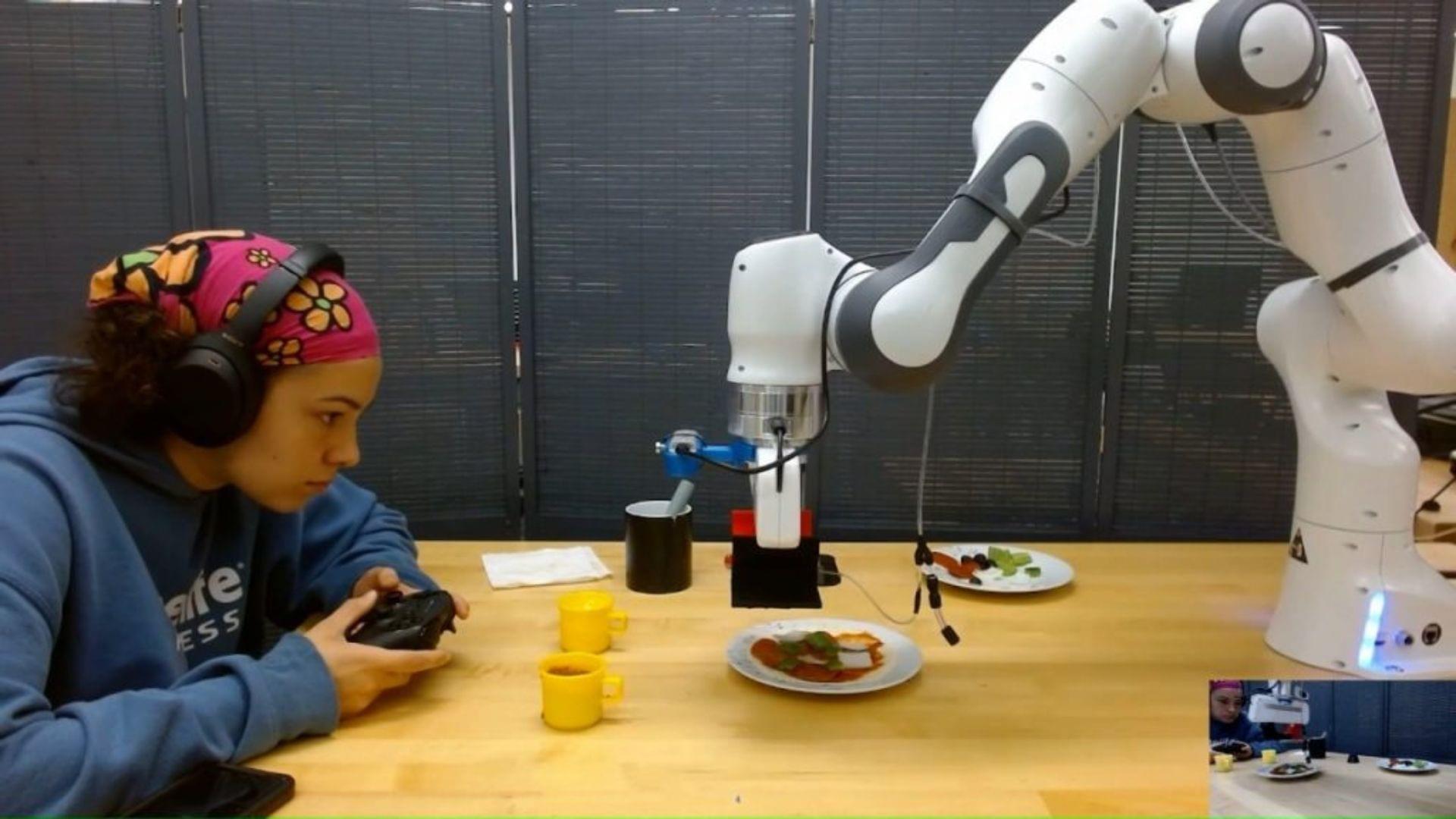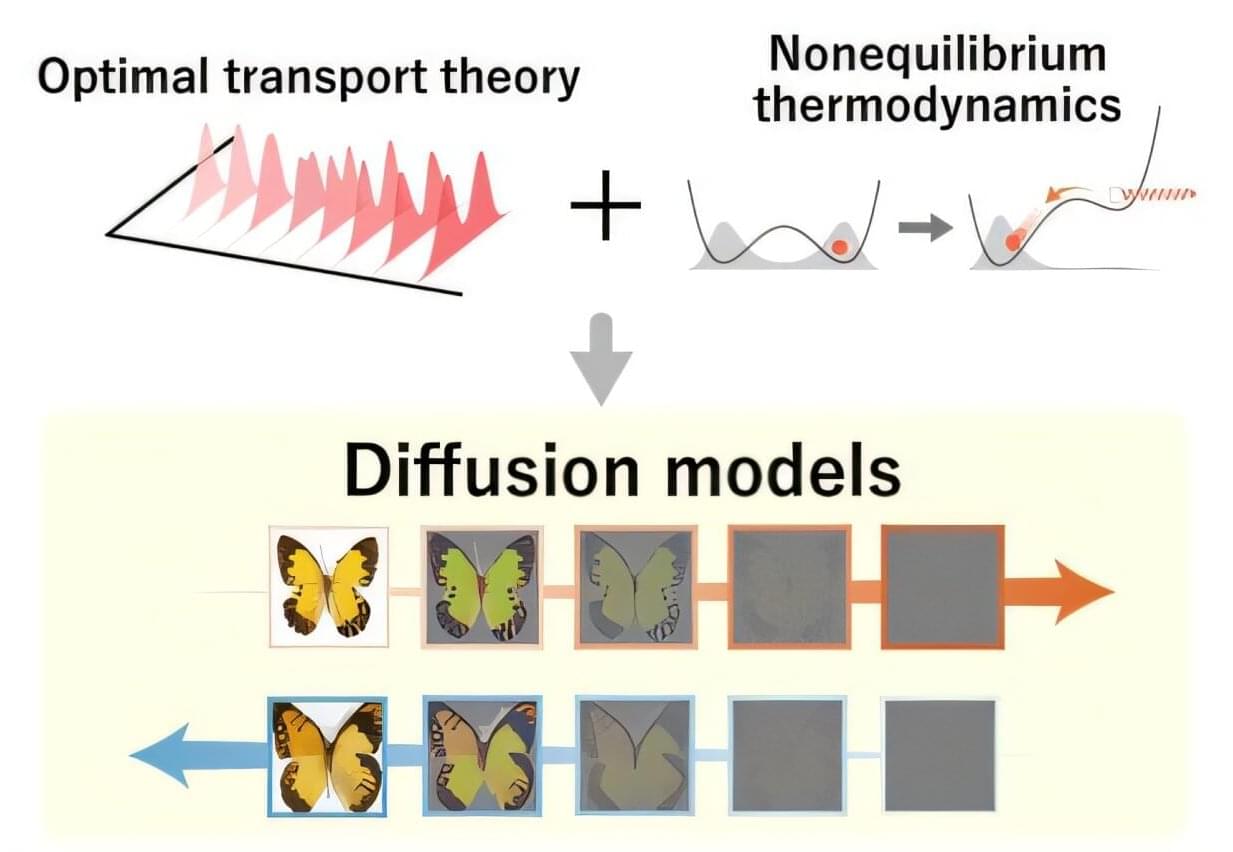As we age, our bodies gradually lose their ability to repair and regenerate. Stem cells diminish, making it increasingly difficult for tissues to heal and maintain balance. This reduction in stem cells is a hallmark of aging and a key driver of age-related diseases. Scientists have long debated whether this decline is the root cause of aging or a side effect. Efforts to use stem cell transplants to reverse aging have faced many challenges, such as ensuring the cells survive and integrate into the body without causing serious side effects, like tumors.
In a recent study published in Cell, researchers from the Chinese Academy of Sciences and Capital Medical University introduced a new type of human stem cell called senescence-resistant mesenchymal progenitor cells (SRCs) by reprogramming the genetic pathways associated with longevity. These cells, which resist aging and stress without developing tumors, were tested on elderly crab-eating macaques, which share physiological similarities with humans in their 60s and 70s.
The research team conducted a 44-week experiment on these macaques. The macaques received biweekly intravenous injections of SRCs, with a dosage of 2×106 cells per kilogram of body weight. The researchers found no adverse effects among the macaques. Detailed assessments confirmed that the transplanted cells did not cause tissue damage or tumors.
The researchers discovered that SRCs triggered a multi-system rejuvenation, reversing key markers of aging across 10 major physiological systems and 61 different tissue types. The treated macaques exhibited improved cognitive function, and tissue analyses indicated a reduction in age-related degenerative conditions such as brain atrophy, osteoporosis, fibrosis, and lipid buildup. 👍
